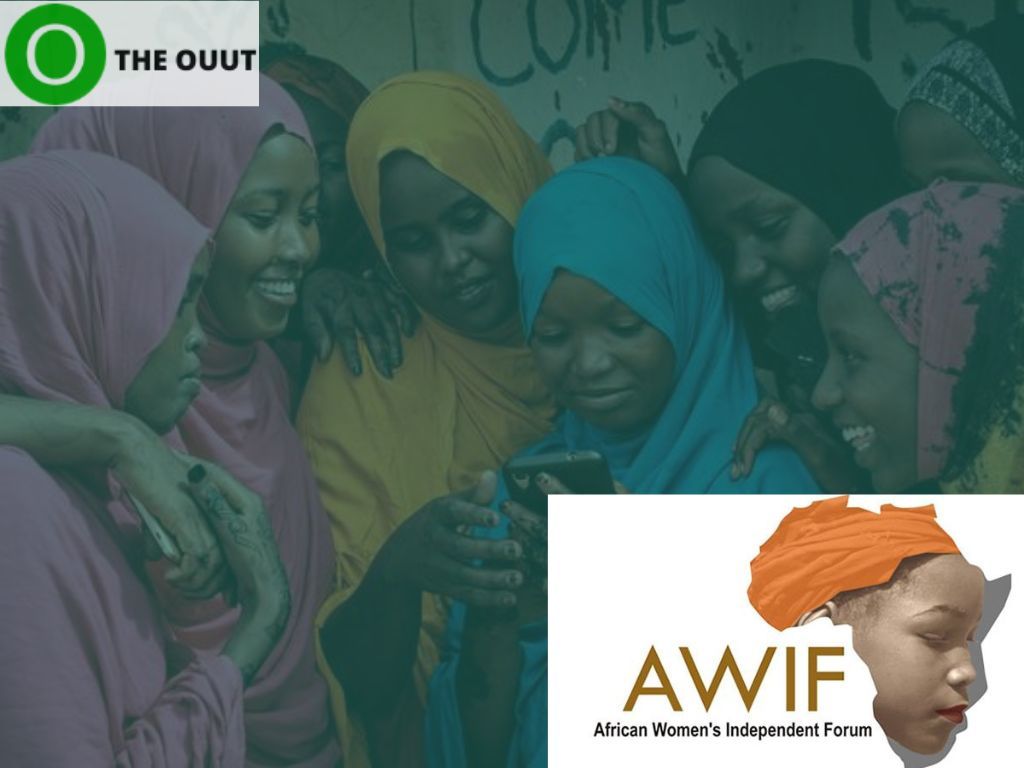African Women Impact Fund Launches with $60 Million Commitment to Drive Inclusive Investment

The initial pledge of USD$60 million for the African Women Impact Fund (AWIF) Initiative has been fulfilled, according to news released by the Economic Commission for Africa (ECA) and Standard Bank Group. The African Union Commission, the Motor Industry Retirement Funds (MIRF), the Arab Bank for Economic Development in Africa (BADEA), and other organizations supported the action (AUC).
The Motor Industry Retirement Funds (MIRF) and Copartes Pension Fund in South Africa each contributed $45 million to the Initiative’s initial promise of $60 million, with BADEA contributing $15 million. In accordance with the AWIF Initiative, MIRF and Copartes have agreed to transfer their $45 million in assets recently earmarked to supporting emerging women fund managers in South Africa.
The Africa Women Independent Forum (AWIF) is a dynamic network of women and women’s organisations around Africa. It is committed to achieving gender equality, women’s socio-economic and human rights through strengthening the voice, impact and influence of women’s rights advocates, through lobbying, mentoring, networking, strategic alliances, and developing and recognizing excellence in women.
Racial biases and gender stereotypes are pervasive in society and have negative repercussions everywhere. This is especially true in the financial industry, as biases prevent women from starting their own businesses, from being appointed to positions of leadership, and from becoming empowered fund managers. Less than 1.3% of the $69.1 trillion in financial assets managed globally are handled by women and people of color. It is concerning that just 7% of venture capital and private equity funding is given to female-led firms in developing economies.
Gender equality is viewed by the Standard Bank Group as both a basic human right and a necessity for business. The goal of increasing Africa’s financial output cannot be achieved without the economic empowerment of women, according to Lindeka Dzedze, Global Markets Head: Strategic Partnerships at Standard Bank and Chairperson of the AWIF Executive Committee.
“Without the economic empowerment of women, the vision to raise Africa’s financial output cannot be realised. Understanding this, Standard Bank supports the AWIF Initiative to raise the profile of established women-owned and women-managed funds that participate in listed and private markets, and short-term private debt.”
Malcolm Fair, Chief Executive Officer at RisCura explains further: “We believe that investing with women-led asset managers supports empowerment for women in all of society. With 20 years’ experience in supporting diverse and start-up investment managers on the African continent, we are excited to manage the investments of the African Women Impact Fund and continue the journey of empowerment.
“The commitment by African institutions to the AWIF Initiative assists us in attracting potential global institutional investors on the next fundraising drive.”
Dr. Sidi Ould TAH Director General at BADEA says: “I believe this fund will accelerate fundraising and capital allocation by female fund managers on a transformative level. It is through barrier-braking initiatives such as these that together, we can create a sustainable and scalable investment environment that drives inclusive growth for all who live in Africa.”
According to Antonio Pedro, acting executive secretary of the ECA, the initiative will increase economic output, job creation, women’s economic empowerment, and prosperity.
“AWIF aims to address the fundamental gap in women’s access to financial tools. As a result, the fund contributes to the achievement of several Sustainable Development Goals (SDGs), including SDG 1 that calls for an end to poverty. Supporting emerging African female fund managers will accelerate the representation of women-led funds. This will help close the current gender gap in labour markets, promote the emergence of women fund managers and entrepreneurs, address identified barriers to attracting capital in a sustainable manner, and increase economic output, job creation, and women’s economic empowerment and prosperity,” said Pedro.
